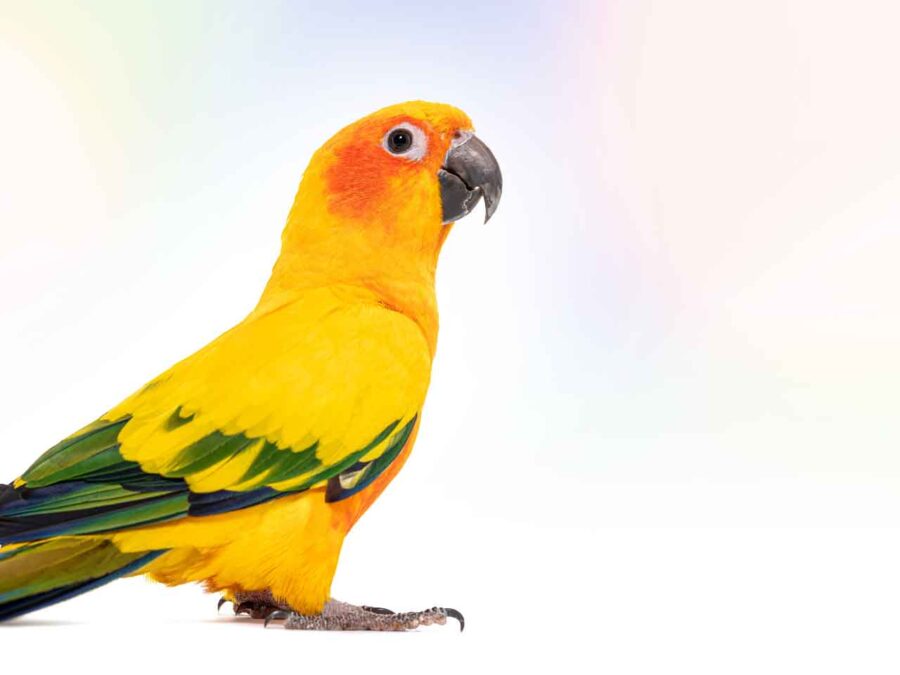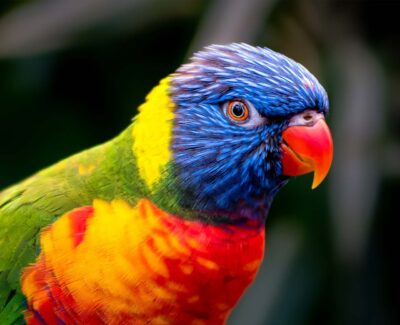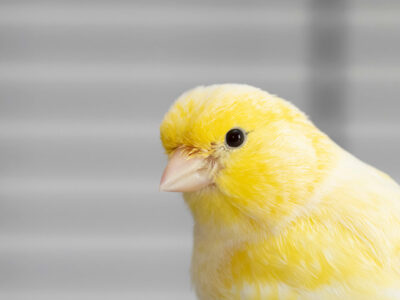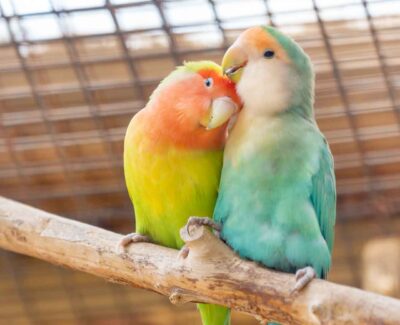
Curious About Conures? Here are Some Key Things to Know
Conures are among the most popular types of pet parrots, known for their playful personalities, vibrant colors, and affectionate nature. Whether you’re thinking about bringing a conure into your home or you already have one, understanding their needs is the key to providing them with a happy and healthy life. Here’s what you should know about these lively companions!
Types of Conures
Conures come in many different species, each with its own unique traits. Some of the most popular pet conures include:
Green-Cheeked Conure
Small, quieter than most conures, and known for their affectionate nature.
Sun Conure
Brightly colored and social, but quite vocal.
Jenday Conure
Similar to the Sun Conure in temperament and noise level, with striking plumage.
Blue-Crowned Conure
Intelligent and capable of learning speech, with a calmer personality.
Nanday Conure
Highly active and social, but can be quite loud.
While each of these types of conures has a unique personality, they all share a love of play and interaction.
Lifespan and Commitment
Conures typically live 15 to 30 years with proper care. Therefore, bringing a conure into your home is a long-term commitment that requires time, patience, and dedication to their well-being.
Personality and Behavior
Conures are known for being affectionate, curious, and playful. They form strong bonds with their owners and often enjoy cuddling, head scratches, and interactive play. However, they can also be mischievous and require daily mental stimulation in order to stay happy.
These parrots are highly social and may become bored or lonely if left alone for long periods. If you have a busy schedule, consider adopting a pair of conures or ensuring that you can dedicate plenty of time to their companionship.
Noise Level
While some conures, such as the green-cheeked varieties, are quieter than others, conures in general can be quite vocal. Sun and nanday conures, in particular, have loud, piercing calls. Therefore, if you live in an apartment or prefer a quiet pet, keep this in mind before adopting a conure.
Diet and Nutrition
A balanced diet for conures should include:
- High-quality pellets and/or seeds as the foundation of their diet
- Fresh fruits and vegetables like leafy greens, bell peppers, and apples (avoid avocado, chocolate, and caffeine, which are toxic to birds)
- Seeds and nuts as treats, in moderation
- Fresh, clean water daily
As with all pet birds, proper nutrition is essential for maintaining conures’ health, preventing obesity, and ensuring vibrant feathers.
Housing and Enrichment
Conures require a spacious cage (at least 24”x24”x30” for a small conure, and larger for bigger species) with horizontal bars for climbing. Be sure to provide:
- Perches of varying sizes and textures for foot health
- Toys for chewing, foraging, and mental stimulation
- Time outside the cage daily for exercise and social interaction
- Rotating toys and providing new activities can help prevent boredom and destructive behaviors
Socialization and Training
Conures are intelligent and generally trainable birds, making them great candidates for learning tricks, recall training, and even basic words. To help them build trust and encourage good behavior, be sure to practice consistency, patience, and positive reinforcement. Additionally, socialization is key for conures—introduce them to new people, environments, and experiences gradually in order to build confidence and prevent fear-based behaviors.
Health and Veterinary Care
Regular checkups with a qualified avian veterinarian are crucial for ensuring that your conure stays in optimum health. Some common health issues that these birds may experience include:
- Feather plucking, which is often due to stress, boredom, or poor diet
- Respiratory infections (caused by poor air quality or drafts)
- Beak and feather disease, which is a viral illness that requires veterinary care
Always be on the lookout for signs of potential illness in your pet, such as lethargy, fluffed-up feathers, changes in appetite, or difficulty breathing. If you notice these symptoms, consult an avian vet immediately.
Are you looking for a playful and social bird with a big personality? A conure might be the perfect pet for you—take our bird matchmaker quiz to find out!





